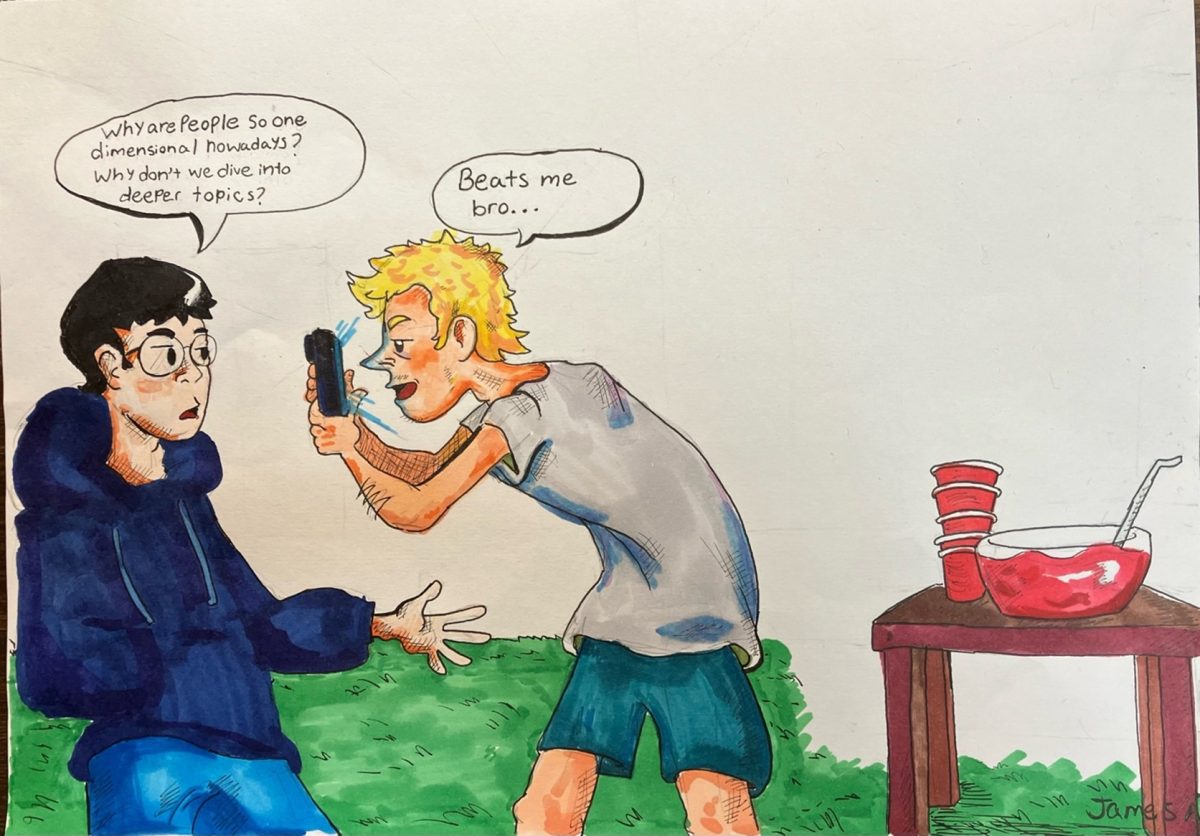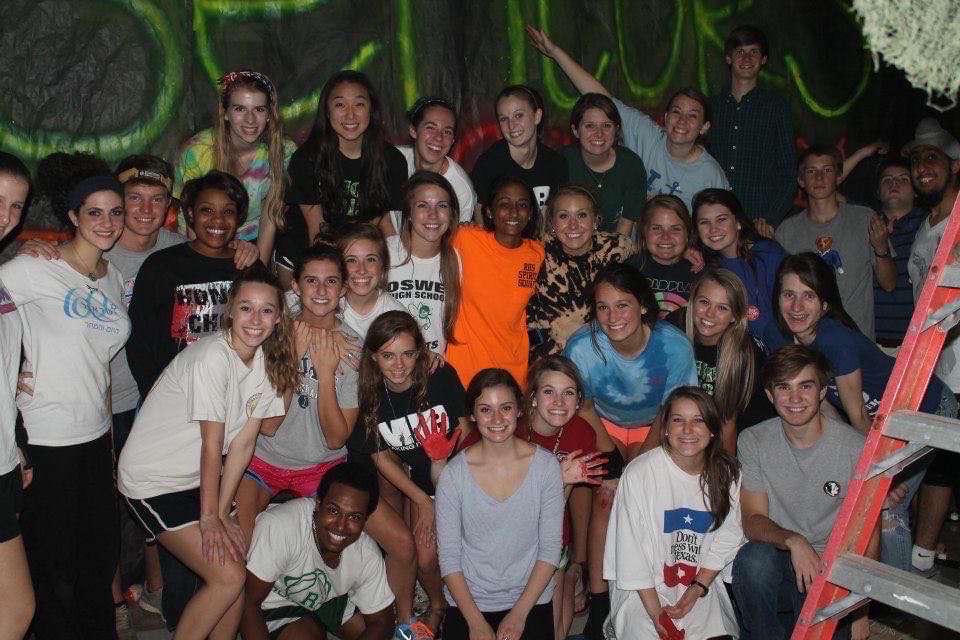In recent years, TikTok has become a global phenomenon, captivating millions with its short-style videos and creative content. However, the app has also faced significant controversy, leading to bans in several countries. The ban on TikTok has sparked a heated debate across the nation, reflecting broader concerns about privacy, national security, and digital freedom. While the concerns are valid, banning the app outright is not the most effective solution.
Firstly, TikTok has become a vital platform for millions of users, especially younger generations who use it for entertainment, creativity and social interaction. The app has provided a unique space for self-expression, allowing users to share their ideas throughout the world. By banning TikTok, we are taking away a valuable outlet of creativity, which can have an impact on the mental health and social lives of its users.

Junior Kaelynn Vail also agrees the banning of TikTok will leave many influencers in distress. Vail said, “I think its bad because so many influencers have built their lives off of TikTok and their only source of income is from there.”
In addition, banning TikTok not only disrupts the lives of millions of users but also impacts the economy based around it. Content creators, influencers, and even small businesses rely on TikTok to reach their audiences and grow their brands. The ban could have far-reaching economic consequences.
For example, influencers such as Charli D’Amelio, a prominent figure of TikTok, gained massive popularity through her dance videos and engaging content. A TikTok ban would significantly impact Charli’s career. TikTok is her primary platform and losing it would mean losing a major source of her audience and income. This won’t only effect Charli, but millions of other influencers who rely on the app.
The TikTok ban, while well-intentioned, is not the best solution to adress the issues at hand. We must find ways to protect national security and user data without compromising the creative spaces that platforms like TikTok provide. By working towards more balanced solutions, we can protect both our security and rights in the digital age.








